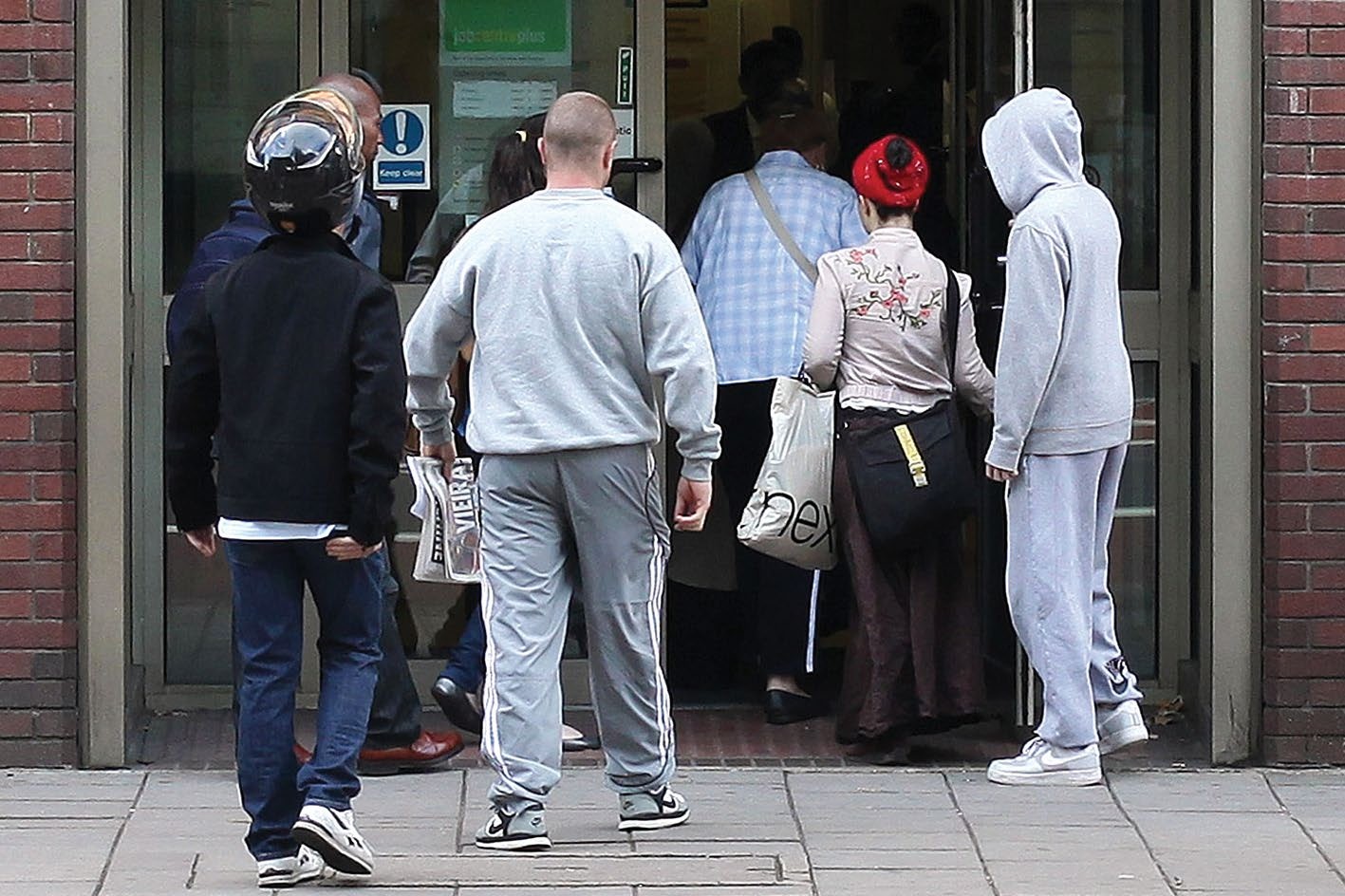Equities are not a good inflation hedge
Institutional investors are definitely now worried about inflation. But they're not yet worried enough to flee to cash, says John Stepek


Get the latest financial news, insights and expert analysis from our award-winning MoneyWeek team, to help you understand what really matters when it comes to your finances.
You are now subscribed
Your newsletter sign-up was successful
Want to add more newsletters?
You can’t really escape from inflation right now. As we discuss in this week's magazine, the evidence now suggests that “inflation is definitely not transitory”. Energy prices are surging even as the government waffles on about ways to make heating our homes even more expensive and less efficient (anyone keen to swap their gas boiler for a heat pump? Thought not).
The latest obscure commodity that we’ve realised the supply chain can’t do without is magnesium. Turns out that it’s not only a key ingredient in the aluminium alloys necessary to make almost any car, but that the supply is almost entirely monopolised by China. Finally, we’re seeing an ongoing global labour shortage, which, as far as I’m aware, is something that no one had expected to see as a post-pandemic outcome. Forecasts of economic “scarring” and jobs shortages were far more common.
So what are investors doing about it? The latest month survey of global fund managers from Bank of America is revealing. The world’s asset allocators are definitely now worried about inflation. The proportion who fear that inflation is “permanent” rather than “transitory” jumped from 28% in September to 38% this month. Meanwhile, they are more negative on bonds than they have been in the history of the survey (which goes back about 20 years – hardly a long view, but a decent period of time). This makes sense – investors know they don’t want to be in fixed-income assets if inflation, or worse still, interest rates are set to rise.
Try 6 free issues of MoneyWeek today
Get unparalleled financial insight, analysis and expert opinion you can profit from.

Sign up to Money Morning
Don't miss the latest investment and personal finances news, market analysis, plus money-saving tips with our free twice-daily newsletter
Don't miss the latest investment and personal finances news, market analysis, plus money-saving tips with our free twice-daily newsletter
However, investors aren’t yet bearish enough to flee to cash (for its optionality – it won’t necessarily protect you from inflation, but it gives you the chance to buy assets cheaper if they crash). Allocations to equities are still high by historic standards. Yet as Ruffer’s Duncan MacInnes recently pointed out on Citywire, equities don’t necessarily do a good job of protecting against inflation either. In fact, even equities with strong pricing power might struggle. Why? Because there are two key factors at play when it comes to equity valuations. One is earnings expectations. But the other is how much the market is willing to pay for those future earnings.
During a period of inflation, a firm may well use its pricing power to preserve, or even grow earnings in real terms (ie, after inflation). Yet the price investors are willing to pay for those earnings may fall. MacInnes cites US confectioner Hershey’s during the 1970s. The firm grew real earnings per share by two thirds between 1972 and 1975. Yet over the same period the share price fell by as much as two thirds, because the instability associated with inflation saw investors demand a much higher risk premium for buying stocks, which meant the multiple (ie, the price/earnings, or p/e, ratio) they were willing to pay fell sharply.
This makes sense. It also bodes ill for markets – US markets especially – because we’re starting with p/es at extreme highs compared with history. There are some places to hide – precious metals, commodity producers, certain financial stocks, certain emerging and frontier markets – but investors should be preparing for a very different backdrop to the one we’ve grown used to in the past decade. We’ll be discussing all of this at the MoneyWeek Wealth Summit on 25 November. Buy your ticket and learn more at moneyweekwealthsummit.co.uk.
Get the latest financial news, insights and expert analysis from our award-winning MoneyWeek team, to help you understand what really matters when it comes to your finances.

-
 Three Indian stocks poised to profit
Three Indian stocks poised to profitIndian stocks are making waves. Here, professional investor Gaurav Narain of the India Capital Growth Fund highlights three of his favourites
-
 UK small-cap stocks ‘are ready to run’
UK small-cap stocks ‘are ready to run’Opinion UK small-cap stocks could be set for a multi-year bull market, with recent strong performance outstripping the large-cap indices
-
 UK small-cap stocks ‘are ready to run’
UK small-cap stocks ‘are ready to run’Opinion UK small-cap stocks could be set for a multi-year bull market, with recent strong performance outstripping the large-cap indices
-
 The scourge of youth unemployment in Britain
The scourge of youth unemployment in BritainYouth unemployment in Britain is the worst it’s been for more than a decade. Something dramatic seems to have changed in the labour markets. What is it?
-
 In defence of GDP, the much-maligned measure of growth
In defence of GDP, the much-maligned measure of growthGDP doesn’t measure what we should care about, say critics. Is that true?
-
 Reach for the stars to boost Britain's space industry
Reach for the stars to boost Britain's space industryopinion We can’t afford to neglect Britain's space industry. Unfortunately, the government is taking completely the wrong approach, says Matthew Lynn
-
 "Botched" Brexit: should Britain rejoin the EU?
"Botched" Brexit: should Britain rejoin the EU?Brexit did not go perfectly nor disastrously. It’s not worth continuing the fight over the issue, says Julian Jessop
-
 'AI is the real deal – it will change our world in more ways than we can imagine'
'AI is the real deal – it will change our world in more ways than we can imagine'Interview Rob Arnott of Research Affiliates talks to Andrew Van Sickle about the AI bubble, the impact of tariffs on inflation and the outlook for gold and China
-
 Tony Blair's terrible legacy sees Britain still suffering
Tony Blair's terrible legacy sees Britain still sufferingOpinion Max King highlights ten ways in which Tony Blair's government sowed the seeds of Britain’s subsequent poor performance and many of its current problems
-
 How a dovish Federal Reserve could affect you
How a dovish Federal Reserve could affect youTrump’s pick for the US Federal Reserve is not so much of a yes-man as his rival, but interest rates will still come down quickly, says Cris Sholto Heaton